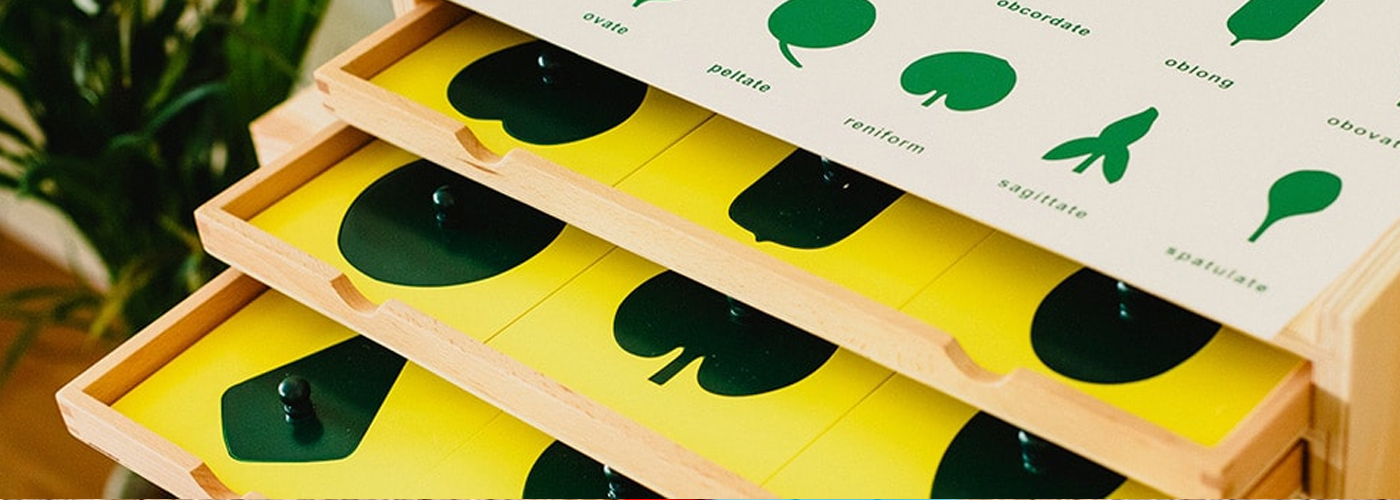Get the course for €24.95
€14.95
This month only!
Get the course for €24.95
€14.95
€14.95
€14.95
€14.95
This month only!
Maria Montessori focuses the study of Science in two areas: Cultural Areas (ages 3 to 6) and Cosmic Education (ages 6 to 12).
In this first stage of introduction to Science, we embrace children’s innate curiosity to cultivate their love and respect for nature. It is also a first approach to sensory aspects of biology and geography.
- 100% online training
- Without schedules, sign up and start now!
- Up to 45 days to complete the course
- IMI Certificate, accrediting 20 hours of training
MONTESSORI COURSES
MONTESSORI COURSES
Objectives
KNOWLEDGE
PURPOSES
HISTORY
BIOLOGY
GEOGRAPHY
EXERCISES
Information
- Teaching team with great knowledge and international experience in Montessori classrooms.
- Didactic material: in our virtual campus you will find theoretical and practical content and videos.
One of the characteristics of Montessori pedagogy is to offer children the different areas in an interrelated way, so that they can identify how each living being contributes to natural balance, while satisfying their needs.
This work plan, designed for children between the ages of six and twelve, is based on some activities that are carried out from the age of three and allows children to channel natural wonder at nature, to respect it in its different manifestations .
The Montessori approach to the study of science promotes cross-sectional work, while cultivating admiration and respect for the planet and its inhabitants.
“All sciences can be linked as rays that arise from a single interest that clarifies, facilitates and fosters all knowledge.” – Maria Montessori
Discover the meaning of: Cultural Area (stage 3-6 years), Cosmic (stage 6-12 years) and what these two great areas encompass.
Cultural Areas – Stage 3-6 years
At level 3 to 6 years, the introduction to science is done through materials that allow a first sensory impression of the concept, focusing on the study of Geography and Biology and including some experiments. It is also used to enrich children’s vocabulary.
The natural curiosity and the ease of children of this age to perceive the details, favor a respectful approach towards plants and animals, which represents the basis of an ecological culture.
“When the child knows that the life of the sown plants depends on their care in watering them and that of the animals on their diligence in providing food, the child remains vigilant as one who begins to feel a mission in life.” – Maria Montessori
Cosmic Education – Stage 6-12 years
“There is a plan to which the entire universe is subject. All things, animate and inanimate, are subordinate to that plan, “says Dr. Montessori.
Understanding the importance of maintaining the natural balance and discovering what the task itself will be, is the purpose of Cosmic Education.
From the age of six, an understanding of how the world works is deepened and history is added as the articulating element that gives meaning to what is learned. The experiments are expanded and present the basic laws of physics and chemistry to facilitate concepts of Geography and Biology.
Cosmic Education is a work plan designed for children in primary school, which promotes the development of a reasoning mind, but also appreciation for what is created by nature itself and by humanity
Foundations of Cosmic Education
- Origin, definition and purposes.
- Biology in the Children’s House.
- General purposes of the area.
- Main groups of exercises.
- Examples of zoology and botany activities.
Geography
- General purposes of the area.
- Main groups of exercises.
- Examples of activities.
History
- General purposes of the area.
- Main groups of exercises.
- Examples of activities.
Biology
- General purposes of the area.
- Main groups of exercises.
- Examples of activities.
Primary geography
- General purposes of the area.
- Main groups of exercises.
- Examples of activities.
Working transversally from the natural interests of children, makes meaningful learning possible. The Montessori proposal also fosters a culture of appreciation and care for the planet and its inhabitants, for which the guidelines of Cultural and Cosmic Education are very useful for: Home; School in house: Toy libraries; Day care centers.
- Teachers.
- Professionals interested in early childhood education.
- Professionals interested in primary education.
- Students of infant, primary education, etc.
- Homeschooler families (homeschooling)
- Toy library educators
- Specialist Educators in Special Educational Needs
- Grandparents, families and any other professional profile interested in these stages of development
- Psychologists, Speech Therapists, Pediatricians, Therapists, Neurologists
- Children’s educators
- Mothers and fathers
- Babysitter
- Other educational settings
- Any professional interested in educational innovation
- People who promote actions in favor of Ecology
After completing and successfully completing the activities requested at the end of each module, the student will receive a Certificate in digital format stating the completion and use of the course, awarded by the International Montessori Institute as the official training center for Montessori pedagogy.
Registering for the course is very simple, you must click on the “Take this Course” button that you will find under the course title.
Once this is done, the shopping cart will appear with the course you have chosen, and you must click on “Proceed to checkout”, or continue browsing our website to add new courses to your cart.
The next step will be to fill in the form with the billing information and choose the payment method: by card or Paypal, and click on “Place order”.
After the registration process, you will automatically receive a welcome email, which will include your access codes so that you can start the course. Remember that you have up to 30 days to complete the course.
Remember that after reading or viewing the content of the lessons you must press the “Completed” button, and thus proceed to the next topic.


